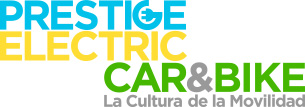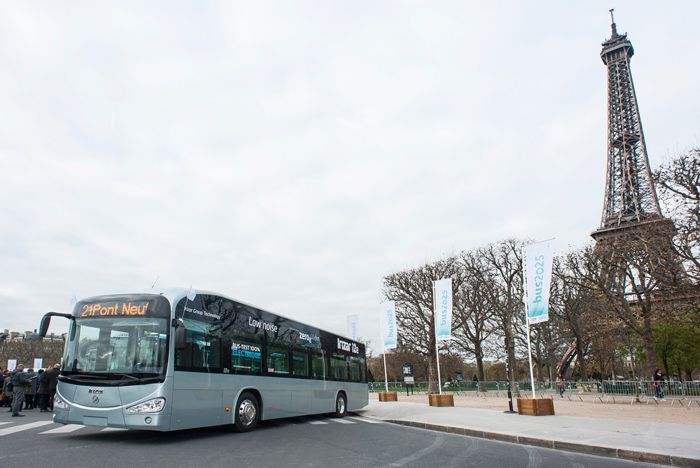European bus manufacturers Irizar, Solaris, VDL and Volvo have agreed to ensure the interoperability of electric buses with charging infrastructure provided by ABB, Heliox and Siemens. The objective is to ensure an open interface between electric buses and charging infrastructure and to facilitate the introduction of electric bus systems in European cities.
The public transport community is preparing for electric buses in Europe and standardization activities have started via the European body (CEN-CENELEC) and via the international organization for standardization (ISO/IEC). European standards are expected to come in place 2019 and international standards in 2020.
However, many cities are implementing electric bus systems already now. In order to meet the needs of these cities, European bus manufacturers Irizar, Solaris, VDL and Volvo have together with charging system suppliers ABB, Heliox and Siemens agreed to an open, transparent and voluntary approach. Common, preferred interfaces will be opened-up for all market participants and will be used for electric buses with so called opportunity charging (fast charging at end stops) and for overnight charged electric buses. The group is committed to contribute to European standardization activities and to share experiences with CEN/CENELEC and ISO/IEC in order to establish a common European standard for electric bus systems.
The objective is to facilitate the transfer to electric bus systems in cities to ensure reliability and compatibility across bus brands and charging systems. Other bus manufacturers and charging system suppliers are invited to join the cooperation.
For opportunity charging, the system includes automatic contacting by a pantograph, wireless communication, contacting plates and infrastructure equipment that automatically contact vehicles with a pantograph. For overnight charged electric buses, the fast charging standard for cars (CCS) will be used as a base for the plug and for the communication.


